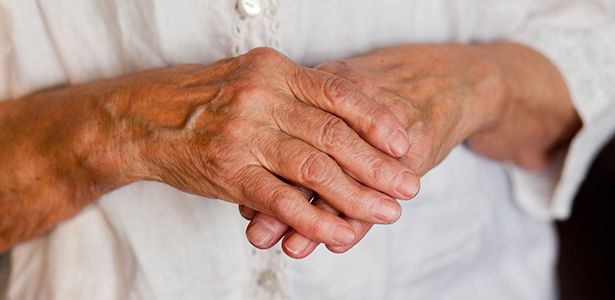
by Dr. Michael Murray | Nov 10, 2015 | Digestion, Natural Facts
Introduction: Resveratrol is a plant compound similar to flavonoids. It is found in the low levels of the skin of red grapes, red wine, cocoa powder, baking chocolate, dark chocolate, peanuts and mulberry skin. Red wine is perhaps the most recognized source of...

by Dr. Michael Murray | Nov 3, 2015 | Natural Facts
Introduction: When most people think of the benefits of having a dog, cat, or other furry animal they would likely associate feelings of the unconditional love these animals extend to their owners. Pets are often able to boost our mood and fight off feelings of...

by Dr. Michael Murray | Oct 20, 2015 | Natural Facts, Prescription Drugs
Introduction: The media has once again failed to report the whole story or put things into the proper perspective when they reported on a study from the Centers for Disease Control and Prevention (CDC) and the U.S. Food and Drug Administration (FDA). The headlines and...

by Dr. Michael Murray | Aug 4, 2015 | Natural Facts
Introduction The latest “it” diet in medical research is the New Nordic Diet (NND), This diet was created by a group of researchers, nutritionists, and chefs at the University of Copenhagen in 2004. Their goal was to define a new regional cuisine to help address...

by Dr. Michael Murray | Aug 4, 2015 | Natural Facts
It’s not hard to find reasons to love chocolate–and maybe that’s why most people consider it a guilty pleasure. But that perception is changing as research continues to demonstrate chocolate’s impressive list of health benefits. The fact that chocolate is in a class...

by Dr. Michael Murray | Jul 14, 2015 | Natural Facts
Introduction: Just as there has been an explosion of positive science on the importance of vitamin D3, another nutrient, vitamin K2, is showing tremendous promise in the treatment and prevention of a wide range of health conditions. A new study, set to be published in...









